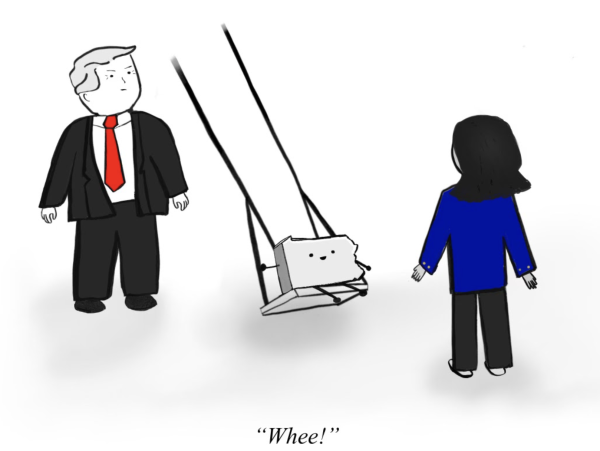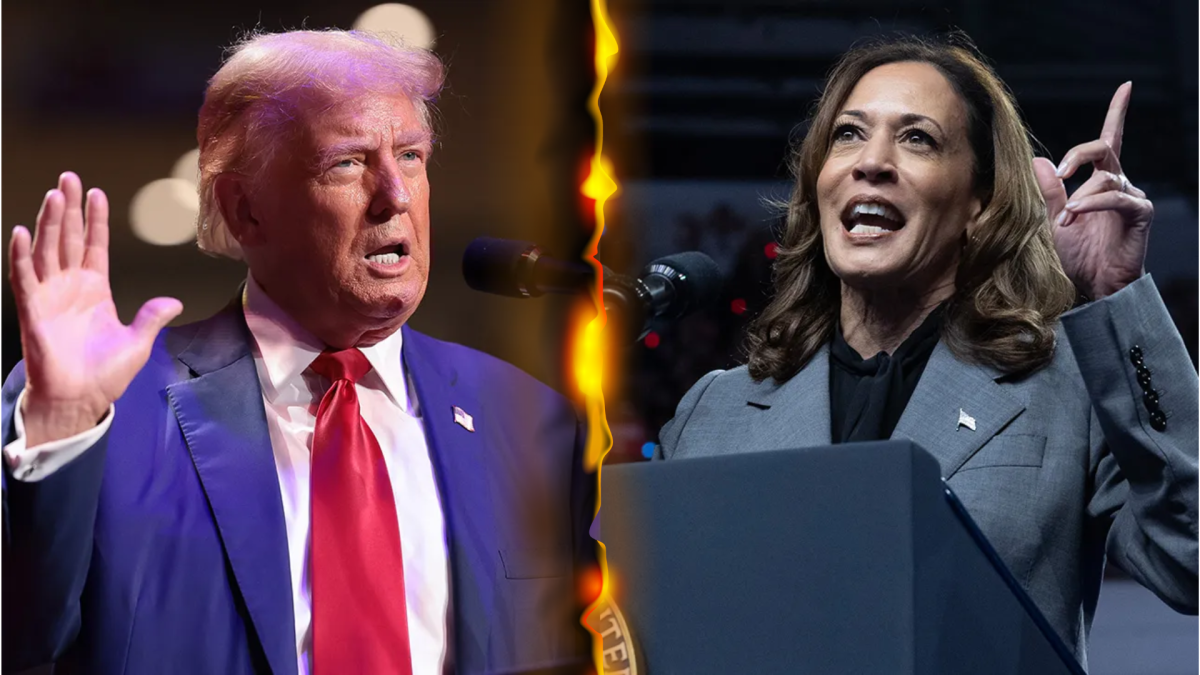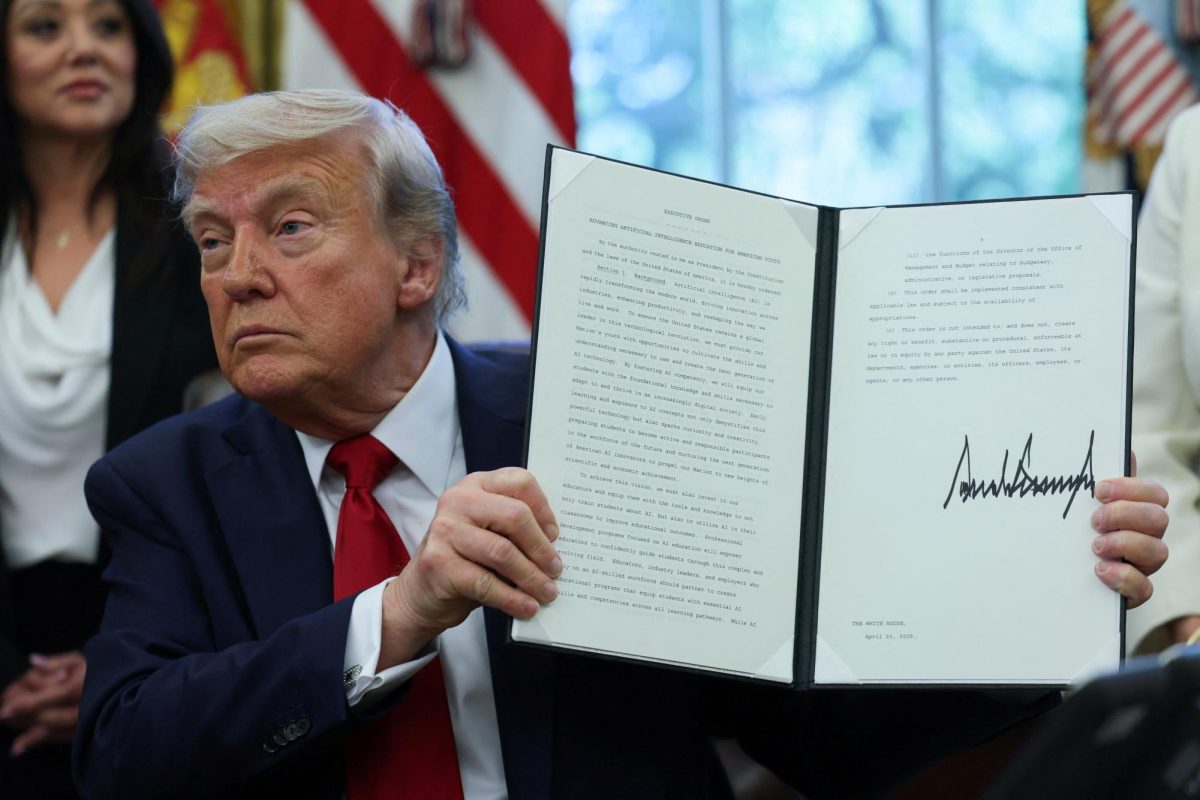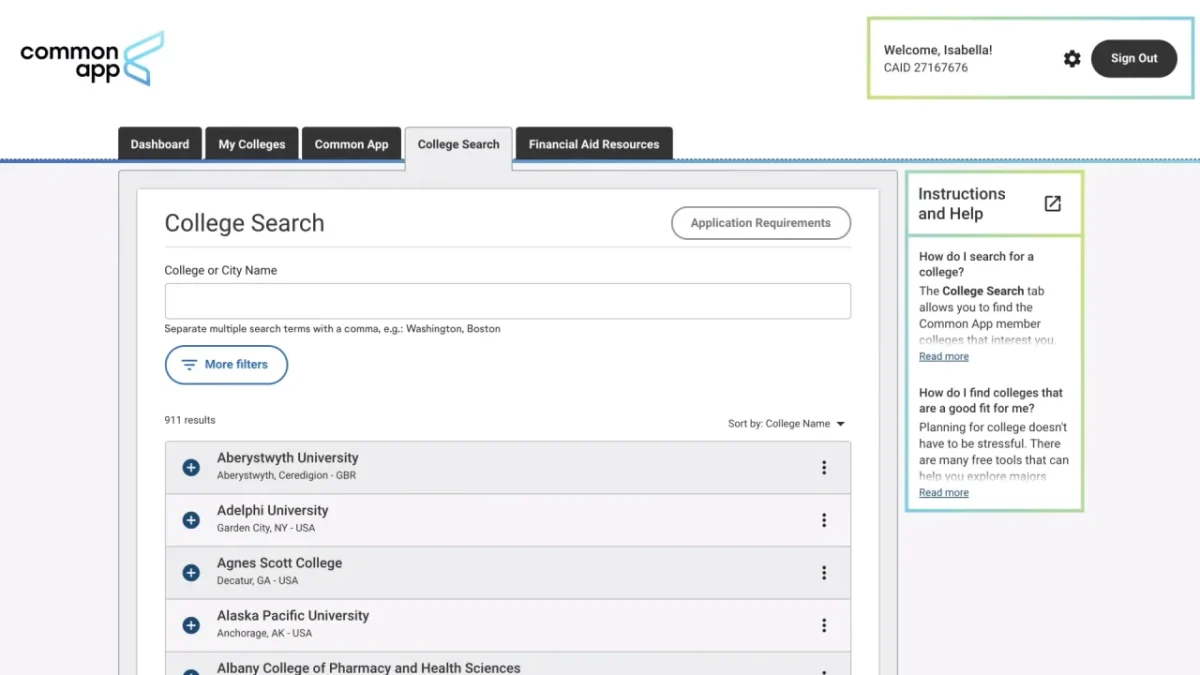2020 was expected to be a blue wave of titanic proportions. Trump, whose once booming economy had seemed his golden ticket to reelection, had been flattened by COVID, racial protests, and scandal. His tenure had been famous for chaos, a revolving door cabinet, and twitter foreign policy. Biden was steady, calm, reliable. Everything that Trump and Clinton weren’t. Instead of a blowout, he squeaked by.
The 2020 census shaped 2024. Mainly, it elevated Pennsylvania, a state which had lost an electoral vote, to kingmaker.
Biden was relying on the old ‘blue wall’ states that had voted Democratic in every election since 92, flipped for Trump in 2016, and back to Biden in 2020. Pennsylvania, Wisconsin, and Michigan. His popularity amongst Black, Latino, and young voters had collapsed. The sun belt states– Nevada, Arizona, North Carolina, Georgia, were out of the question.
Harris has revitalized numbers among the younger, more diverse populations of the south, opening up new pathways to victory. Still, the Blue Wall remains her most reliable route to success and is reliant on Pennsylvania.
You can swap Michigan for Georgia fairly easily, or Wisconsin for Nevada, or Michigan for Nevada and Arizona. But Pennsylvania is irreplaceable.
The issues of the election have also been shaped by that. The rust belt swing voters who once formed the backbone of the blue wall are, to generalize tremendously, more socially conservative than most Democrats but more fiscally liberal than most Republicans.
For instance, Michigan Prop 3 approved a state constitutional right to abortion by wide margins, and in Wisconsin, a more liberal judge defeated an anti-abortion Republican handily in a statewide election for the supreme court.
The Rust Belt has suffered from tremendous economic and population decline as a result of the offshoring of American manufacturing to places with cheaper labor like China. Free trade has thus fallen out of fashion, in favor of protectionist policies to favor and bring back domestic manufacturing.
Trump’s signature policy was massive tariffs on China and other countries. Biden, in a bid to win back many of those voters, has maintained most of Trump’s tariffs but also signed three different manufacturing bills.
The Bipartisan Infrastructure Law, which creates infrastructure, the Inflation Reduction Act, which is intended to build a strong green-energy industry, and the CHIPS Act, which spends billions on building microchip manufacturing.
Both candidates have embraced protectionism. Trump promises more tariffs, if elected, which cause massive inflation, as historical data indicates 100% of the cost of a tariff is passed onto consumers. Trump has threatened as high as a 60% tariff on China, which would almost instantly double the price of much of the stuff you buy. Harris and the Democrats like subsidies, which are expensive.
Social policy has also followed the rust belt. The Court’s overturning of Roe vs. Wade–which protected a woman’s right to an abortion until fetal viability–resulted in a slew of state bans in Republican states. Trump’s tried to backtrack.
Border detentions spiked after COVID regulations expired, and Democrats were slow to respond. However a Bipartisan Border Bill that would have strengthened border security was killed on Trump’s command because he wanted to make it an election issue.
Following a disastrous debate performance and health concerns, Biden dropped out of the presidential race and organized a coalescence around Harris.
Harris was widely expected to pick popular Pennsylvania Governor Josh Shapiro, but passed him over for dark horse Minnesota Governor Tim Walz.
By holding North Carolina, which Trump won by over a point, flipping Georgia, which he lost by a hair, and Pennsylvania, he wins reelection with 270 electoral votes, the bare minimum. The money follows this – he is spending vastly more in Georgia and Pennsylvania.

Pennsylvania reigns supreme. It is the key to the White House. If Trump loses Pennsylvania, his odds of victory drop dramatically, and vice versa. Both candidates’ best path’s require Pennsylvania. It calls into question Kamala’s decision to pick Walz. Even 10,000 votes from Shapiro would be priceless.
Owen Barnes, ‘25, reflected on this reality. “I think this election really highlights the failings of the electoral college system. It’s very likely that this election will ultimately be decided by a few currently unsure voters in Pennsylvania and that’s not fair to the rest of the American people.”
So far though, bellwether Pennsylvania remains stubbornly undecided. Almost every poll has put the two candidates within a point of each other. Ian McIlhenny, ‘25, remarked that it was a “coin flip.” If you have relatives who live in or go to college in the state of Pennsylvania, make sure they are registered to vote. They will literally decide the next President.
Read the rest of the 2024 Election Special Editon here















